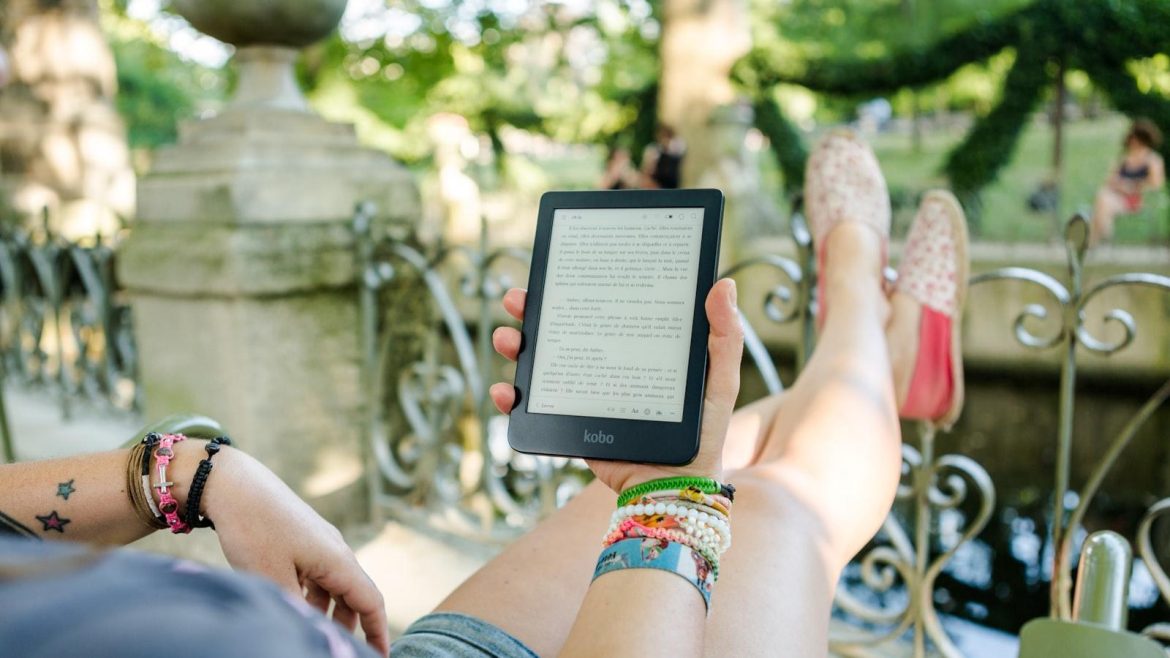In today’s ever-evolving technological landscape, the question of whether to embrace e-readers or stick to traditional print books has sparked a heated debate among book lovers. As we navigate this digital age, it’s important to weigh the pros and cons of using these innovative devices for reading. Let’s delve into the e-reader debate and explore the implications of choosing between digital reading devices and traditional printed books.
Exploring the Benefits of E-Readers for the Modern Reader
One of the key benefits of e-readers for the modern reader is the convenience they offer. With an e-reader, you can carry thousands of books in a compact device, making it easy to switch between titles and genres on the go. Additionally, e-readers often come with features like adjustable font sizes and built-in dictionaries, making reading more accessible for those with visual impairments or language barriers. Another advantage of e-readers is the environmental impact – by switching to digital books, you can help reduce paper waste and carbon emissions associated with traditional publishing. However, some readers argue that the lack of physical pages and book covers takes away from the sensory experience of reading, and there are concerns about eye strain and screen time associated with prolonged use of e-readers. Ultimately, the decision to embrace e-readers comes down to personal preference and lifestyle factors.

Analyzing the Drawbacks of Digital Reading Devices
While digital reading devices have revolutionized the way we consume literature, there are certainly drawbacks to consider. One of the main concerns is the potential strain on the eyes from prolonged screen exposure. Studies have shown that the blue light emitted by screens can disrupt sleep patterns and cause eye fatigue. Additionally, the tactile experience of flipping through physical pages and the sensory satisfaction of holding a book in your hands are lost when using an e-reader. Another drawback is the reliance on technology and the risk of device malfunctions or battery depletion interrupting your reading experience. Despite the convenience and portability of e-readers, it is essential to weigh these drawbacks against the benefits before fully embracing digital reading devices.
In conclusion, the e-reader debate is ongoing and complex, with both pros and cons to consider when deciding whether to embrace digital reading devices. While e-readers offer convenience, accessibility, and portability, they also come with drawbacks such as potential eye strain, lack of tactile feedback, and concerns about privacy and digital rights management. Ultimately, the choice between traditional books and e-readers is a personal one that depends on individual preferences and priorities. Whether you prefer the feel of a physical book in your hands or the convenience of a digital library at your fingertips, both options have their own unique appeal. So, whichever side of the debate you fall on, the most important thing is to keep reading and exploring new worlds, regardless of the format you choose.


